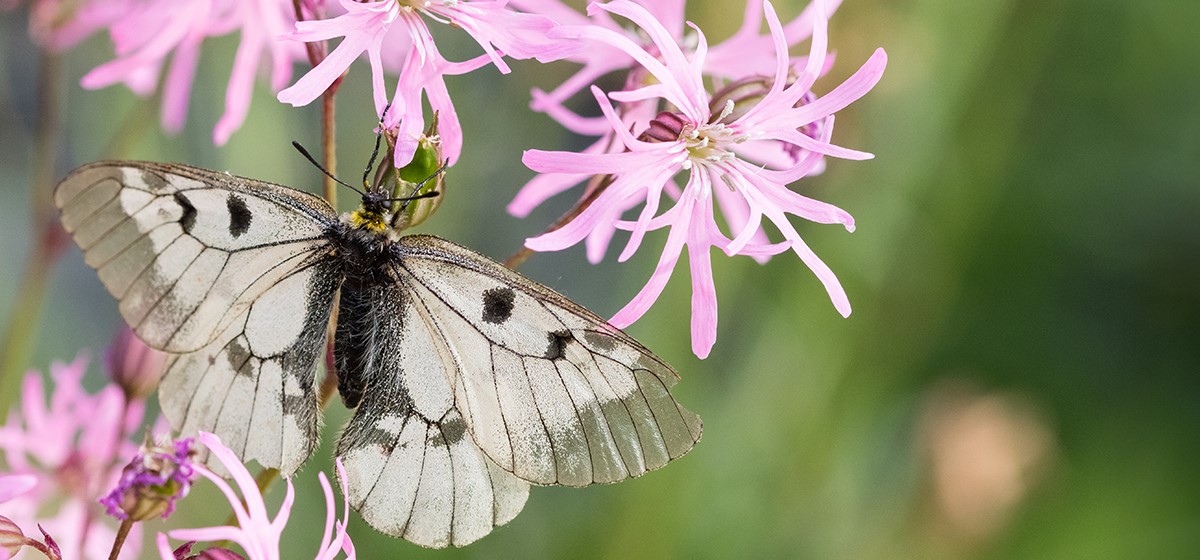Saving the Swedish biodiversity
The diversity of life on Earth is being depleted at a rate we have never seen before. Since 1970, populations of wild vertebrates have declined by an average of 69%. It's easy to think it's happening somewhere else in the world, but the pattern is the same in Sweden. The number of red-listed species in Sweden is increasing alarmingly. Of the around 21,700 species that the Swedish Species Data Bank was able to evaluate in 2020, nearly a quarter were assessed as red-listed. Among the newly added species are ones we all recognize, such as hedgehog, mountain hare and black woodpecker.
Hedgehog, on the national red list since 2020.
The reason is primarily the intensification of agriculture and forestry, where species-rich ecosystems are replaced by monocultures. Natural forests are cut down, natural pastures are plowed up and meadows become overgrown. Today, there are only remnants of untouched natural forest left in our country and less than 5% of natural pastures and 1% of meadows compared to the mid-19th century. Of Sweden's large rivers, only four are allowed to flow freely.
What we do at Nordens Ark
Sweden's budget for nature conservation has been greatly reduced, which means that many conservation efforts and projects have been put on hold. That is why Nordens Ark, together with WWF Sweden, has started the project Save the diversity in Sweden's nature - a fight for endangered species. In the project, we will implement the necessary measures to save endangered species. These species are important for maintaining the balance in nature. The project is financed by funds from the Swedish Post Code Lottery and will make a big difference for several threatened species in Sweden.
The selected species represent different animal groups and geographical areas to reflect Sweden's diversity. They are all dependent on landscape types and biotopes, which are declining rapidly in Sweden. The project is based on concrete and well-thought-out plans and is carried out together with county administrative boards and other local organisations.

The main focus species in the project are:
- Hedgehog
- Arctic fox
- Eurasian curlew
- Freshwater pearl mussel
- Mesosa curculionoides (beetle)
- hermit beetle
- Polaris fritillary
- Assmann's fritillary
- Clouded apollo
- The salmon population in Pite river

The freshwater pearl mussel lives in running water and is a highly endangered species.
News from the project – January 2026
In 2025, the second national hedgehog survey was carried out, and during the week more than 55,000 sightings were submitted. What an incredible level of commitment you’ve shown for our spiky friends!
We are now compiling the data together with the Swedish Species Information Centre to learn more about why the hedgehog is declining – and what we can do to help.
In collaboration with:





